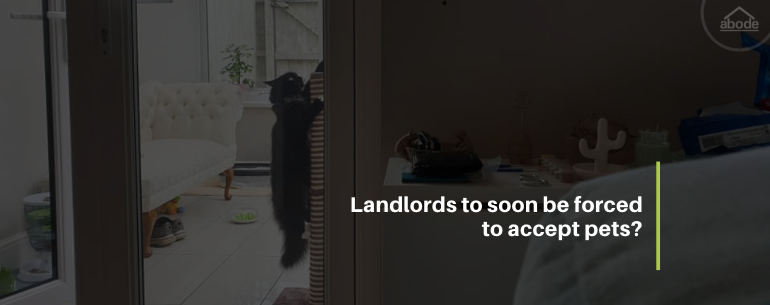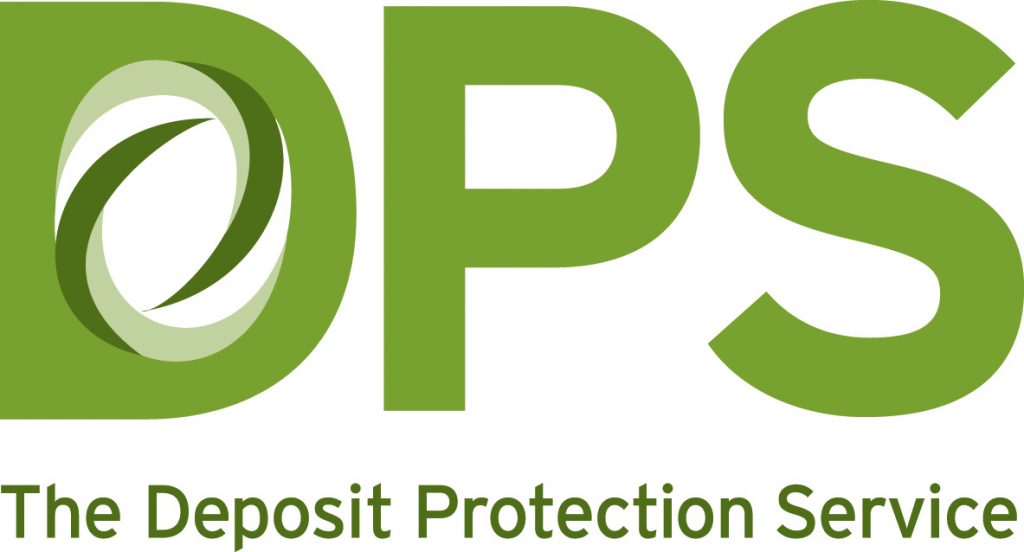A Bill aimed at banishing the no-pet clause for rented homes has had its first reading in the Commons with cross-party support.
Conservative MP Andrew Rosindell’s Dogs and Domestic Animals (Accommodation and Protection) Bill aims to give tenants the right to live with their pet – provided they can prove they are responsible and caring.
He says the Government’s aim of removing no-pet clauses from its model tenancy agreement is a step in the right direction, but that it doesn’t go far enough.
The bill aims to ensure that landlords’ concerns are met by making pet owners pass the test of responsible ownership; they’ll have to get a certificate from a vet before moving in, confirming that they have a healthy, well-behaved animal and are considered to be a responsible owner.
For dogs, a checklist would include being vaccinated and microchipped and being responsive to basic training commands.
Countries such as France, Belgium, Germany, and Switzerland all currently have outlawed blanket restrictions on pets in rented accommodation; a factor that is being highlighted with the introduction of this bill.
By allowing pets, landlords will open their potential reach to more tenants which in turn, can aid to shorten void periods. It is common and typically acceptable for slightly higher rental figures when letting to tenants with pets, in order to cover for any eventualities.
Most tenants that are accepted with pets, however, are typically grateful having struggled to find somewhere previously. This in turn means they are more likely to take good care of your property and be part of a long-lasting tenancy.
How can/should I rent to tenants with pets?
1. Speak to them.
You should always discuss their pets in detail with prospective new tenants. Find out the type of animal they would be bringing into the property, how long they’ve had them for, and perhaps some background information as to how the tenants came to acquire the animal.
2. Take a reference.
Ideally, you need to take a reference from a former landlord, where the tenant lived with their pets. Key points you should ask about are:
- How long the tenant lived in the property with their pets.
- What pets they owned at that time.
- Does the referee consider the tenant to be a responsible pet owner?
- Were the pets well behaved?
- Did they cause any damage to the property?
- Did they cause a nuisance to neighbours or visitors?
If a previous landlords reference is not possible, for example, if they have never rented before or if the pet is new. you can obtain a reference from their veterinary surgeon. Keys points to ask here are:
- Are the tenants’ pets generally well behaved?
- Does the veterinary surgeon consider the tenant to be a responsible pet owner?
- Does the tenant provide routine preventative health care, such as vaccinations and flea treatments, for their pets, where appropriate?
3. Carry out all other normal checks and referencing.
The checks discussed here are in addition to not instead of your usual referencing and credit checks on prospective tenants.
4. Confirm that someone will be willing to look after the pet(s) in case of an emergency.
You will need a name and address and contact details for the pets section in the tenancy agreement.
However, before signing the tenant up, it is advisable to get in touch with this person yourself and just satisfy yourself that they are willing to do this (after all if the tenant has a serious accident and is hospitalised, someone will have to look after it).
Ideally, you should get written confirmation.
5. Consider the suitability of the pet for your particular property.
For example, a small dog in a small house may be fine, but not a large one. Cats used to roaming the neighbourhood will not appreciate being shut in a flat all day (and could cause damage).
Think also about good relations with the neighbours. If the owner of the house next door is a fanatical gardener, they may not be pleased if a tenant with five cats moves in next door.
The second reading of the bill is due in January 2021. If you are unsure about letting to tenants with pets in the meantime, or are looking for more information on how to do so, give Abode a call on 0161 883 2525.








